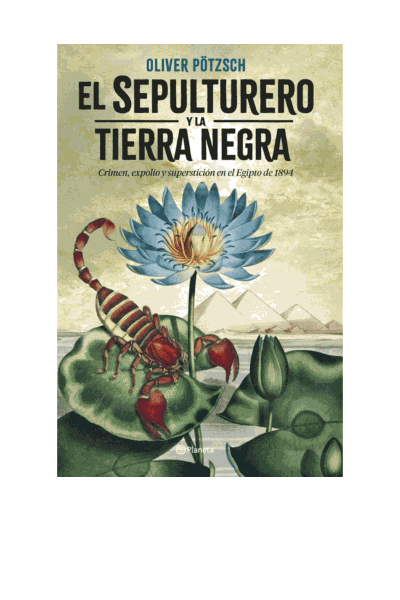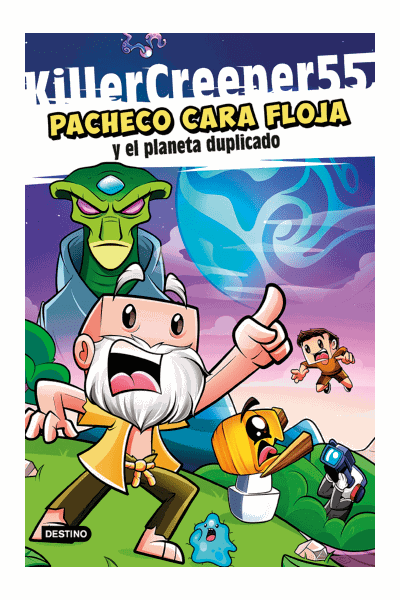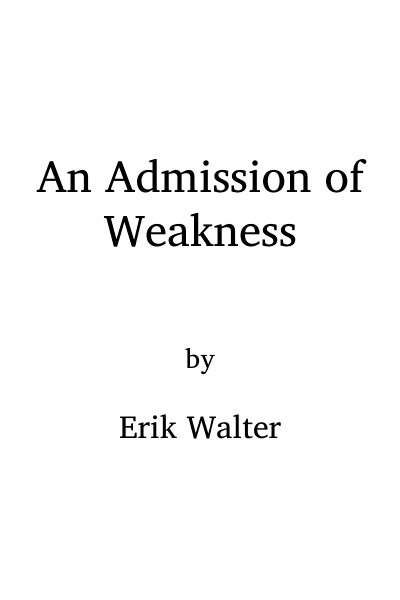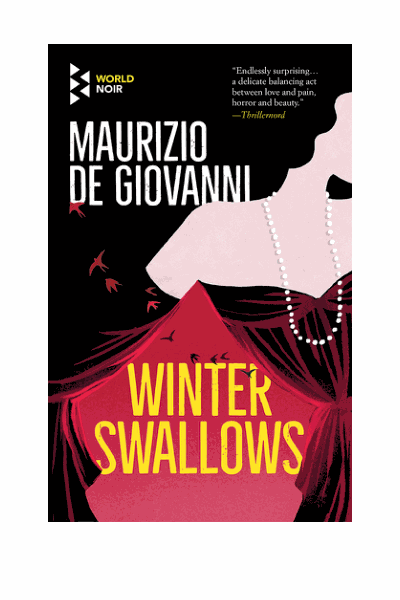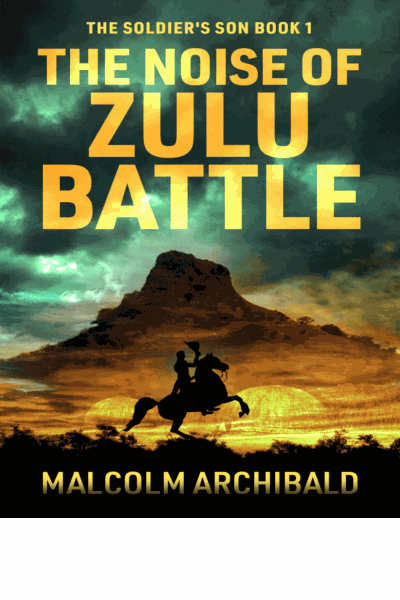
The Noise of Zulu Battle
Author/Uploaded by Malcolm Archibald
THE NOISE OF ZULU BATTLE THE SOLDIER'S SON BOOK I MALCOLM ARCHIBALD CONTENTS Part I Chapter 1 Chapter 2 Chapter 3 Chapter 4 Chapter 5 Chapter 6 II. Meeting: June 1878 Chapter 7 Chapter 8 Chapter 9 Chapter 10 Chapter 11 Chapter 12 III. War Chapter 13 Chapter 14 Chapter 15 Chapter 16 Chapter 17 Chapter 18 Chapter 19 Chapter 20 Chapter 21 Chapter 22 Chapter 23 Chapter 24 Chapter 25 Chapter 26 Chapte...
Content Preview
THE NOISE OF ZULU BATTLE THE SOLDIER'S SON BOOK I MALCOLM ARCHIBALD CONTENTS Part I Chapter 1 Chapter 2 Chapter 3 Chapter 4 Chapter 5 Chapter 6 II. Meeting: June 1878 Chapter 7 Chapter 8 Chapter 9 Chapter 10 Chapter 11 Chapter 12 III. War Chapter 13 Chapter 14 Chapter 15 Chapter 16 Chapter 17 Chapter 18 Chapter 19 Chapter 20 Chapter 21 Chapter 22 Chapter 23 Chapter 24 Chapter 25 Chapter 26 Chapter 27 Chapter 28 Chapter 29 Chapter 30 Chapter 31 Chapter 32 Chapter 33 Glossary About the Author Notes Copyright (C) 2023 Malcolm Archibald Layout design and Copyright (C) 2023 by Next Chapter Published 2023 by Next Chapter Edited by Graham (Fading Street Services) Cover art by Lordan June Pinote This book is a work of fiction. Names, characters, places, and incidents are the product of the author's imagination or are used fictitiously. Any resemblance to actual events, locales, or persons, living or dead, is purely coincidental. All rights reserved. No part of this book may be reproduced or transmitted in any form or by any means, electronic or mechanical, including photocopying, recording, or by any information storage and retrieval system, without the author's permission. For Cathy So, all day long the noise of battle rolled Among the mountains by the winter sea. Idylls of the King, by Alfred, Lord Tennyson PART I CHAPTER 1 ZULULAND, JUNE 1877 Jama halted and raised a hand. Obediently his small amabutho – regiment 1 - the Abanonya, stopped, crouched down and rested on the rustling grass of Zululand. Each man held an oval shield of stiffened cowhide, three foot six inches tall and two feet wide. The shields shared a pattern, with a black fringe around a white interior containing two black smudges. The warriors also held the iKlwa, the short stabbing spear the great King Shaka had introduced. With a shaft thirty inches long and an eighteen-inch long, one-and-a-half-inch wide blade, the iKlwa was lethal in the hands of a trained warrior, and each of Jama’s men had been highly trained since youth. As well as the stabbing iKlwa, the warriors held one or more throwing assegais- spears- and some carried knobkerries, heavy club-like weapons with a long shaft and a heavy knob used for braining the opponent. Only one carried a firearm, an ancient Brown Bess musket that had travelled a long way since its original owner, a British soldier, deserted from his regiment some forty years before. “There is the king’s imuzi – his homestead,” Jama announced to his men. Jama’s amabutho, a mere hundred and twenty strong, looked and nodded solemnly. They were familiar with King Cetshswayo’s royal imuzi of oNdini but paused to admire the spectacle before advancing. oNdini, which the white people called Ulundi, was vast, far more extensive than the imuzi where they lived. Sitting on the quiet slopes easing from the valley of the White Umfolozi River, it was composed of thousands of izindlu – the local grass-built houses - behind a vast thornbush barrier, with an inner hedge enclosing a huge open space for cattle or ceremonies. When he was satisfied his men had looked their fill, Jama led them down the slope to oNdini. He listened to the disciplined tramp of hard feet behind him and fought to contain his pride. These were his men, his warriors he was taking to meet Cetshwayo. oNdini’s gate was open, and the royal amabuthos of the Undi Corps lined the interior. Jama recognised each regiment by their shields, regalia, and the age of the warriors. He saw the uThulwane, 1,500 strong, and each man forty-four years old. He saw the Nkonkone, five hundred strong and two years younger than the uThulwane, with each man staring at his tiny amabutho. The Ndhlondhlo were there; the same age as the Nkonkone, they looked an impatient bunch of veterans. Beside them were the much younger inDluyengwe and finally the twenty-three-year-old inGobamakhosi, six thousand warriors all yearning for a chance to prove themselves in battle. Jama studied each amabutho, comparing them to his Abanonya. The youngest regiments had all-black shields, and the most experienced carried all-white. Most regiments were in between, while mixed or married amabuthos carried red shields. Every warrior wore the umuTsha, a cord around the waist, with lengths of fur dangling in front and cowhide at the back. More senior regiments also wore extra fur and hide attached to the umuTsha. Decorative furs, feathers and hides augmented each warrior’s basic clothing, each piece proudly worn, men proclaiming their allegiance and regiment. Jama glanced back at his warriors as they trotted past the assembled Undi corps. They looked splendid with their leopard skin headbands, red cow tail necklaces and feathers that rustled beneath the knees. Each man of the Abanonya held himself proudly erect, ignored the jeers of their rival regiments and took their place in the assembly. Jama’s oldest friend Ndleleni stood in the centre, with his necklace of umzimbeet seeds proving his bravery. Cetshwayo had granted Ndleleni the honour of wearing that badge of honour after the battle of Ndondakusuka over twenty years before. After a few moments, Cetshwayo emerged from his izindlu; tall, broad-chested, and handsome with a neat beard, the king possessed the bearing of royalty and the powerful thighs common to his family. Every warrior in oNdini raised their spear and shouted the royal salute. “Bayete! Bayete!” Jama shouted with the rest, proud to be in the same imuzi as Cetshwayo, a descendant of Shaka, who was, in turn, a descendant of Zulu, the progenitor of the nation. As the name Zulu meant heaven, and all the clans and sub-clans within the Zulu empire adopted his name, they became the Children of Heaven. King Cetshwayo was a proud man in a difficult situation. His kingdom bordered the Boers of the Transvaal on the northwest and the British colony of Natal on the southwest. To the north was Swaziland, while the Indian Ocean washed the western shore. Trouble could erupt across
More eBooks
